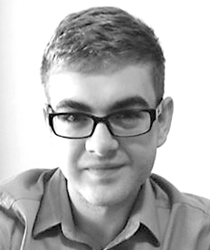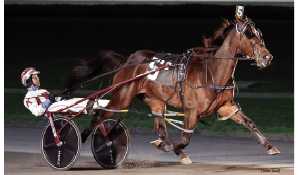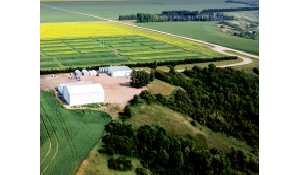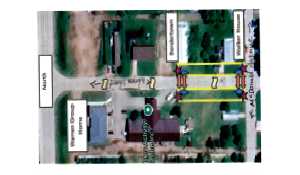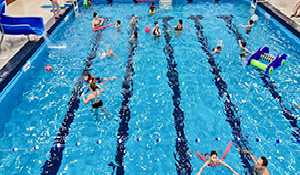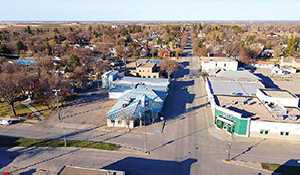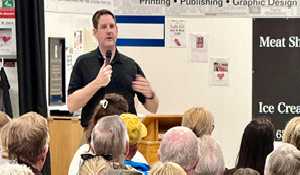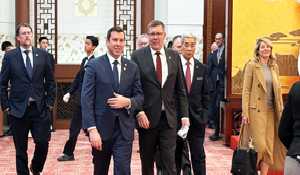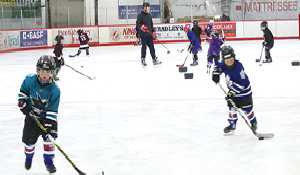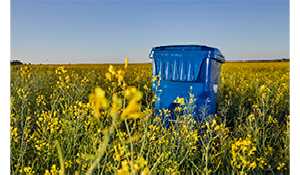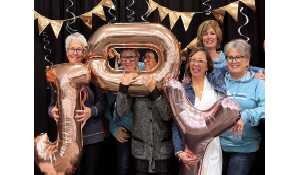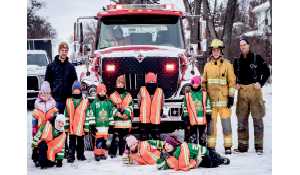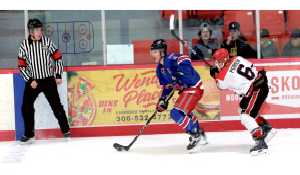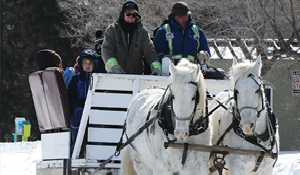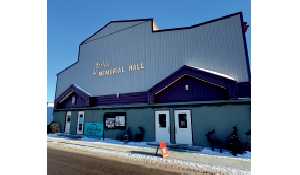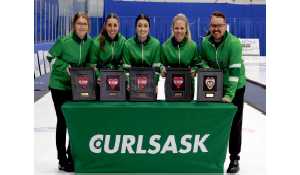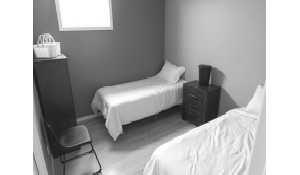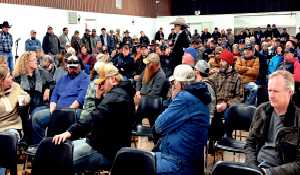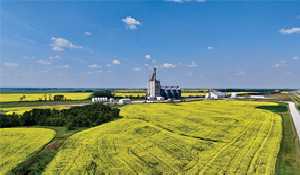On the front lines of COVID-19 as a med student
March 25, 2020, 1:20 pm

When Disney released Frozen 2 this past November, I am sure they expected millions of kids to sing along with its upbeat anthem, “Into the Unknown.” I am equally sure they did not expect that short months later millions of adults—many of them extremely well educated—would be echoing the refrain with feelings much less joyful. The coronavirus pandemic (COVID-19) has affected every corner of the world. Nobody is immune, and the strain is present in every part of the Canadian healthcare system—including the training of future doctors like me.
To understand how the current state of emergency and school cancellations affect medical training, one has to understand a bit about how that training is provided. I am currently a third-year medical student in the middle of clerkship. What this means is my colleagues and I are considered the most junior “doctors” patients will come across in hospitals. We have completed two years of in-classroom studies on every bodily system from heart and lungs to mental health. Now, In the final two years of our degrees, we get involved in clinical training—putting the knowledge we gained in those first two years to work under close supervision. Our third year consists of core rotations—six-week blocks of clinical exposure running from July to the following August. I have personally completed training in the areas of women’s’ health, specialized hospital medicine, pediatric medicine, mental health, and 4/6 weeks of general surgery with six-weeks each training in emergency, anesthetic, family, and specialist medicine to go. In our final year we explore our interests further, “match” to an area of study, and finally write a very long qualifying exam and gain the title of “Doctor.”
The cancellations due to Covid-19 mean that all remaining classroom lectures—the main focus of the first two years of the program—will be delivered online. The clinical skills component of the training in these years has been cancelled as well. Also all 17 schools have removed clinical rotation students as of March 18 and will be approaching re-integration of rotations and modifying curriculae uniformly.
The qualifying exam for fourth year students has also been postponed, but the Medical Council of Canada has decided that not completing the MCC licensing exam on schedule will not restrict fourth years from entering residency and beginning practice.
Taken together, these measures have greatly altered the training and contributions of around 400 knowledgeable learners in our province, and over 4,000 medical students across the country. We do not know when these changes will end. We do not know the effects they will have on graduation or our futures. The restrictions are unprecedented and harsh. They are also unavoidable—entirely reasonable in the present moment given what we know about this virus.
Covid-19 is a novel coronavirus. Simply put, this means it is a virus that targets the lungs and it was originally passed to humans from animals and has since passed from human to human. It hits older folks and those with lung diseases like asthma hardest, but it appears that it is most easily passed on by younger people who have generally mild symptoms. It is generally not a death sentence, but like other viruses, treatments are essentially limited to managing the symptoms. These treatments, however, can be expensive in terms of resources. I am young and healthy and would likely stay reasonably healthy regardless of whether I become infected, which incidentally makes a hospital of older and sicker people the last place I should be. I am also, however, somewhat intelligent/knowledgeable and capable of diagnosing, managing, and explaining common diagnoses to patients with some supervision courtesy of training subsidized to the tune of some $200,000 by Saskatchewan taxpayers. Do I, therefore, have an obligation to help however I can?
From a legal standpoint, the answer is no. I have no more formal qualifications to provide medical care than an average World-Spectator reader, nor am I a Saskatchewan healthcare employee. Were I to get sick due to workplace exposure I would have no benefits to support myself during time off. Would I, as a student, have a right to seek damages from my school for putting me in that position? If I were to inadvertently infect someone by performing clinical duties, could a patient sue me? One can see how it gets complicated very quickly.
From a personal standpoint, I also should have no obligation. Again, without medical license or employee status, any services I provided would be voluntary and without financial reward. Medical school is also expensive, and I have six-figures of debt, which is considered common for medical students coming out of training. Should I not, therefore, seek to get some tuition refunded as I am missing out on clinical experiences that I am essentially paying for? If I am asked to return to some form of duties in the coming days, should I ask for compensation? Should graduations be postponed, and my colleagues held back from paid residency positions, are they not entitled to compensation? These, too, are complicated questions. I personally do not like thinking in these terms as I feel like they are the antithesis of why my classmates and I chose to pursue this profession. They are, nonetheless, salient.
From a moral standpoint, this is an impossible question. I have been showing that I could manage medication refills and other minor complaints, thereby relieving some of the workload from doctors and freeing them to attend to problems I do not yet have the training to solve. Italian medical students are already being asked to step up to such duties. But am I able? What if I do cause more infections and deaths? How big is the difference between a third-year learner 5/8th of the way through core training and a graduated M.D. with as little as one year more experience? How many doctors and resident doctors will have to self-isolate before I become a necessity to keep basic healthcare running?
In a TedTalk four years ago, Bill Gates explained how the world’s health systems were unprepared for the next pandemic. He was talking big-picture and he was correct. For me, this is kind of a car analogy. It is like being given a learner’s licence. I sat through some classes learning about rules of the road and what signs mean. I have done some driving of my own in a number of places, all under supervision. I have had no problems so far and have been a quick learner. But now it is two minutes to midnight in the dead of winter. I am on my cell phone with my aging parents who are stranded in need of a ride. Maybe they could call a taxi, but it is Christmas Eve and they will have to wait. A decision has to be made—my phone is only at 10% battery and they can walk me through the drive. Maybe I get in the car and get ready to go despite some clear risks to myself and others. But my car is now, until further notice, out of gas.
Thankfully, this is where the analogy ends and life goes on. There is a lot of uncertainty as to how these cancellations and social distancing measures will affect my current training. The effects downstream on the medical system are anyone’s guess. Personally, I trust those above me to make just decisions and hope that their thoughts are aligned with my own. In the meantime, medical students across the country have already begun to set up initiatives for volunteer childcare for healthcare workers spending extra time at work. Students are taking social media by storm to spread information and correct misinformation. I will be volunteering eight hours in the coming days with the office of public health and epidemiology to relieve 811 workers and track transmissions. If in the coming days I am asked to pitch in however I can, I will do so. I will not ask for compensation. I signed up for this and I trust that if I can support the system when it needs it, it will support me if I need it.
In short, these are trying times. I chose to believe in the goodness of others and be positive.
Please, wash your hands, do not touch your face, and stay home.
Trevor Poole is from Moosomin and is studying medicine at the University of Saskatchewan.
